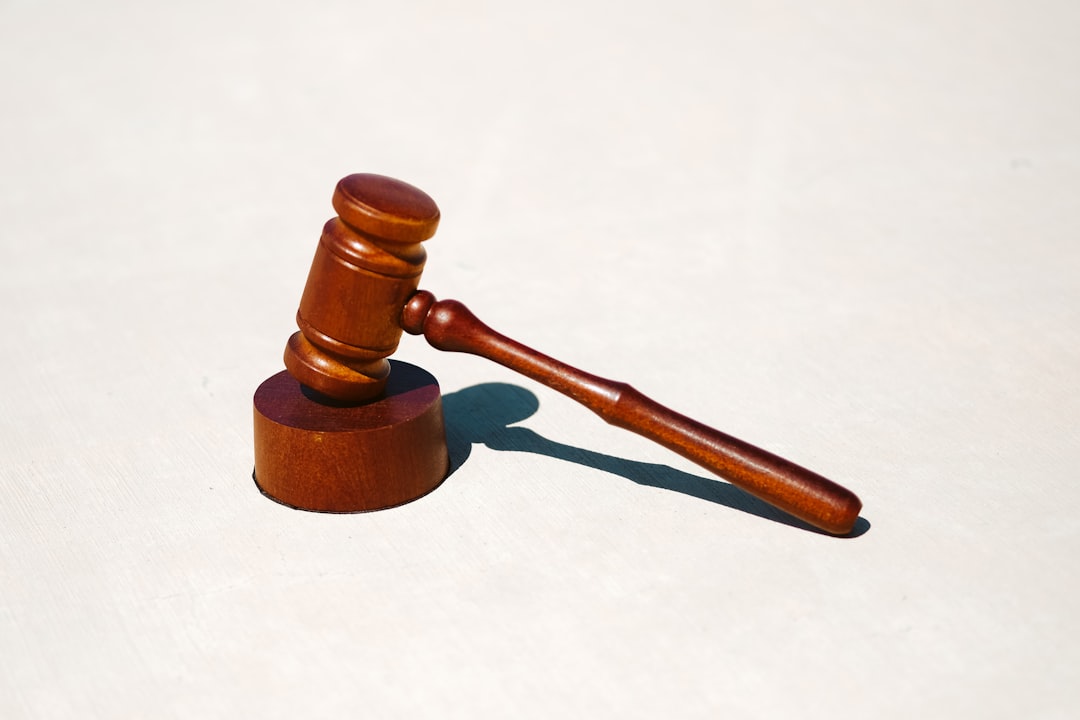Sexual assault in Frederick, Maryland, has profound and complex impacts on victims, requiring personalized support. Access to a sexual assault attorney Maryland residents trust, alongside therapy services, is crucial for recovery. Therapists use evidence-based techniques like CBT and EMDR to help survivors process trauma, manage PTSD, develop coping strategies, and rebuild their lives with resilience. Local organizations offer diverse therapy options tailored to individual needs, ensuring respectful and empowering care throughout the healing journey.
In Frederick, Maryland, sexual assault can leave profound psychological scars. This article explores the crucial role of therapy in aiding survivors’ recovery. We delve into the impact of sexual assault on victims and how specialized therapists provide a safe space for healing. Additionally, we guide Maryland residents on accessing therapeutic services, emphasizing the importance of professional support for lasting recovery. Understanding these resources is vital for anyone seeking justice and healing after an assault, including those considering consulting a sexual assault attorney in Maryland.
Understanding Sexual Assault and Its Impact on Victims in Frederick, Maryland

Sexual assault is a profound and complex issue that significantly impacts individuals in Frederick, Maryland. It’s crucial to understand that every victim experiences unique challenges, making one-size-fits-all solutions ineffective. The effects of sexual assault can be severe, encompassing physical injuries, psychological trauma, and long-lasting emotional scars. Many victims struggle with anxiety, depression, and post-traumatic stress disorder (PTSD), which can affect their ability to function in daily life.
In Frederick, access to support services is vital for recovery. A sexual assault attorney Maryland residents trust can play a significant role in guiding victims through legal processes while they heal. Additionally, therapy offers a safe space for victims to process their experiences, express emotions, and develop coping strategies. It’s an essential tool in helping individuals reclaim their lives, rebuild trust, and move forward with resilience.
The Therapeutic Journey: How Therapy Supports Recovery After Sexual Assault

After a traumatic experience of sexual assault, the journey towards healing and recovery is deeply personal and often complex. Therapy plays a pivotal role in this process, offering a safe space for Maryland residents in Frederick to process their trauma, gain insights, and rebuild their lives. The therapeutic journey is a collaborative effort between the survivor and a trained therapist who provides a supportive environment, enabling individuals to express their emotions, memories, and fears without judgment.
Through various therapeutic techniques, such as cognitive-behavioral therapy (CBT) or eye movement desensitization and reprocessing (EMDR), survivors can learn coping strategies to manage symptoms of post-traumatic stress disorder (PTSD). A sexual assault attorney in Maryland might refer their clients to therapists who specialize in these areas, ensuring a tailored approach to address the unique needs of each individual. By facing and processing the trauma, individuals begin to regain control, develop resilience, and start the process of healing and rebuilding their lives post-assault.
Finding Support: Accessing Therapy Services for Sexual Assault Survivors in Frederick

In the aftermath of a sexual assault, finding support and accessing healing resources are crucial steps towards recovery. Frederick, Maryland, residents have various options when it comes to therapy services tailored for survivors. Many local organizations and mental health facilities offer specialized programs designed to assist individuals who have experienced sexual violence. These services often include individual therapy sessions, group support groups, and crisis intervention programs, all aimed at empowering survivors to process their trauma and rebuild their lives.
A sexual assault attorney in Maryland can be a valuable resource for connecting survivors with appropriate therapy options. They can provide guidance on navigating the legal system while also offering insights into available mental health resources within the community. Whether through referrals or direct access, survivors can find professional help that respects their unique needs and fosters a safe space for healing.





